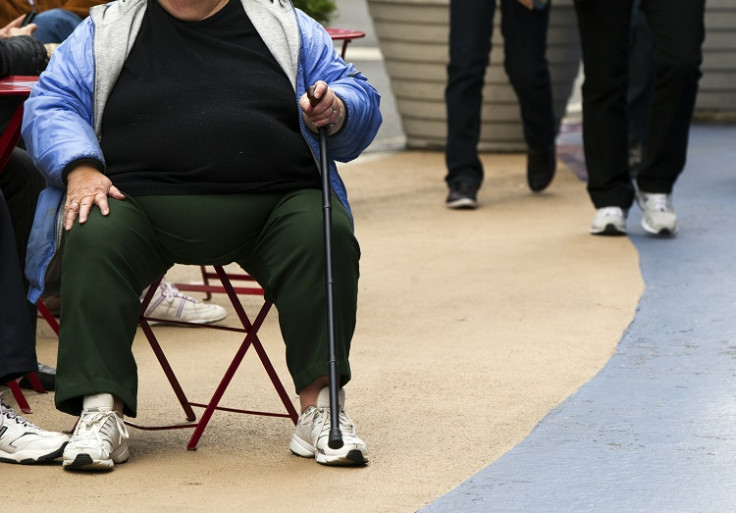'Fat Shaming' as Bad as Racism or Sexism

'Fat shaming' does not help people lose weight and is counterproductive, scientists have said.
Researchers, who are now calling for the "last socially acceptable form of prejudice" to be challenged like sexism or racism, found people who were made to feel bad about their weight were seven times more likely to become obese.
In contrast, those who were not criticised for their weight actually became slimmer.
"There is no justification for discriminating against people because of their weight," said Dr Sarah Jackson, of University College London, who led the study involving 2,944 British adults, aged 50 plus. "Our results show that weight discrimination does not encourage weight loss, and suggest that it may even exacerbate weight gain.
"Previous studies have found that people who experience discrimination report comfort eating. Stress responses to discrimination can increase appetite, particularly for unhealthy, energy-dense food.
"Weight discrimination has also been shown to make people feel less confident about taking part in physical activity, so they tend to avoid it."
The research, published in the journal Obesity, and funded by Cancer Research UK, found overweight people who were discriminated against put on almost 1kg (2.2lb) while those who were not made to to feel bad about their weight, lost 0.71kg, (1.6lbs ).
It also revealed that one in 20 people felt they had been given worse service in restaurants or shops, "treated disrespectfully" by doctors and faced harassment at work because of their weight problem.
"Those who didn't experience discrimination decreased in weight and those who did increased, so that's quite significant. The difference was over a kilo and a half." Jackson said.
She said prejudice against overweight people needed to be challenged.
"People think it's one of the last socially acceptable forms of prejudice. You just have to look at the comments section on media reports on obesity to see that obese people are subjected to labelling, and even abuse and attack."
Professor Jane Wardle, director of the Cancer Research UK Health Behaviour Centre at UCL, said: "Our study clearly shows that weight discrimination is part of the obesity problem and not the solution.
"Weight bias has been documented not only among the general public but also among health professionals, and many obese patients report being treated disrespectfully by doctors because of their weight.
"Everyone, including doctors, should stop blaming and shaming people for their weight and offer support, and where appropriate, treatment."
Tam Fry of the National Obesity Forum said: "If you just point your finger and say, 'Oi fatty', it's not going to work. That's not to say you should not take them on... If it's delivered in the right way, either by a GP or family there's a real chance of success."
© Copyright IBTimes 2025. All rights reserved.




















